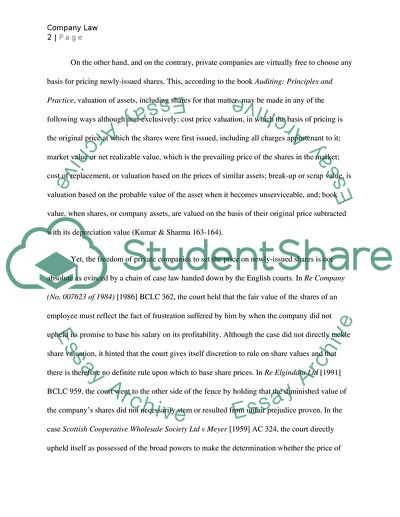Cite this document
(Company Law Problems Research Paper Example | Topics and Well Written Essays - 2500 words, n.d.)
Company Law Problems Research Paper Example | Topics and Well Written Essays - 2500 words. Retrieved from https://studentshare.org/law/1737403-company-law-2-3rd-year-law-degree
Company Law Problems Research Paper Example | Topics and Well Written Essays - 2500 words. Retrieved from https://studentshare.org/law/1737403-company-law-2-3rd-year-law-degree
(Company Law Problems Research Paper Example | Topics and Well Written Essays - 2500 Words)
Company Law Problems Research Paper Example | Topics and Well Written Essays - 2500 Words. https://studentshare.org/law/1737403-company-law-2-3rd-year-law-degree.
Company Law Problems Research Paper Example | Topics and Well Written Essays - 2500 Words. https://studentshare.org/law/1737403-company-law-2-3rd-year-law-degree.
“Company Law Problems Research Paper Example | Topics and Well Written Essays - 2500 Words”, n.d. https://studentshare.org/law/1737403-company-law-2-3rd-year-law-degree.


